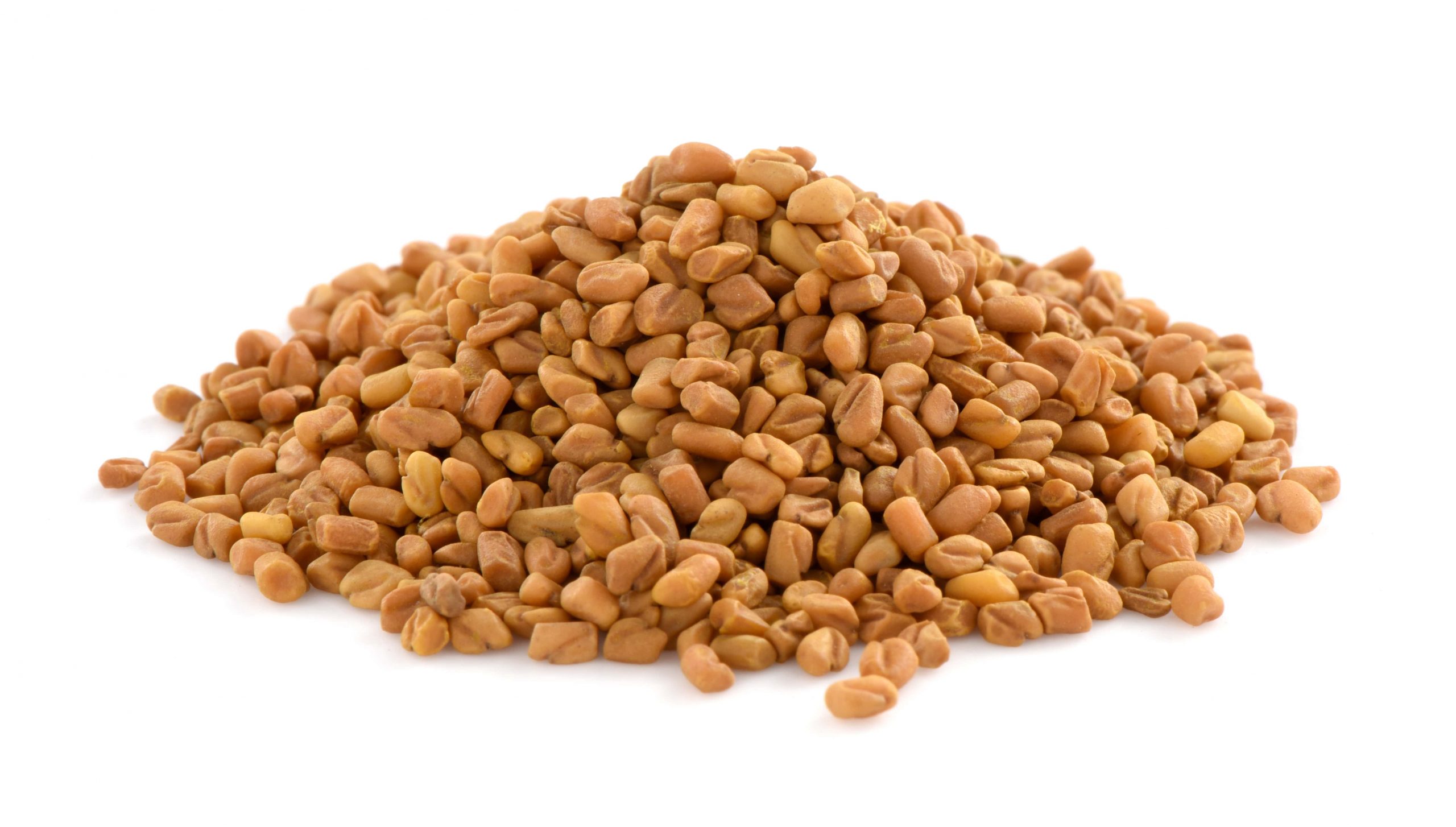Fenugreek is a long-celebrated medicinal plant traditionally used to treat a wide range of conditions, including leg swelling and skin problems. Although some studies show that it might boost your testosterone levels, others reveal otherwise, showing a need for further studies.
Fenugreek, a long-celebrated medicinal plant, is purported to help boost testosterone levels. It has a wide array of applications, both culinary and medicinal. For instance, its leaves and seeds are used to prepare spices mostly used in Indian dishes. Traditional Chinese medicine used fenugreek to manage leg swelling, while in Rome, this plant would be used to induce labor. Many teas, supplements, tonics, etc., have fenugreek as the primary ingredient in the modern world. Recently, a lot of hype has developed around fenugreek, where people tend to believe that the plant can help boost testosterone levels. How true is this? Keep reading this article to find the answer to this question.
Why fenugreek is celebrated
As mentioned at the outset, fenugreek has a wide array of culinary, industrial, and medicinal uses, both in the past and presently. It is used for cooking and spicing food because of its great nutty flavor, and its therapeutic properties owe it the medical applications. Like other medicinal plants, fenugreek has useful health-promoting compounds and antioxidants, and the very presence of these compounds owe the plant its therapeutic benefits. It is majorly packed with saponin and coumarin antioxidants, and these compounds are quite powerful, making the fenugreek seeds and leaves widely useful. Furostanolic saponins such as protodioscin are behind most of the therapeutic claims of fenugreek.
What is testosterone, and how helpful is it?
Testosterone is the masculine hormone secreted by the testicles among men and in women’s adrenalin glands and ovaries. It is primarily secreted for masculine characteristics and male growth, so females have fairly smaller amounts. When we think of testosterone, we first think about sex- both drive and quality, and that’s true; testosterones play the biggest role in a man’s life.
Furthermore, testosterone has many other roles, most of which are common for males and females. For instance, this hormone makes men have deeper voices as they advance in adolescence and into adulthood. Besides, these hormones are responsible for cognition, thinking ability, mood control, memory, verbal ability, quality of life, facial and pubic hair development, and bone mass and strength. Some of these roles are specific to many, while others are common to males and females.
Testosterones increase then decrease
A man’s testosterone levels consistently increase during adolescence and slightly early into adulthood. This is because this is the time a boy is becoming a man, and masculine characteristics are expressed. However, after 30 years, the levels oftentimes start dropping. In fact, some studies reveal that a man may lose up to 1% of his total testosterone after 30 years, and this continues until when he needs hormone replacement therapy to boost them.
Dropping testosterone levels lower a person’s quality of life
For the vast majority, 30 years onward describes a period of activity and energy since many start families at this point. Sadly, it’s at this time that testosterone levels start going down, interfering with the quality of life. The most affected aspect of life is sex life, which manifests are reduced sex drive, erectile dysfunction, or more. Since testosterones influence many other things in the body, mood swings, stress and depression, sleep problems, and other serious problems emerge. As such, you may wonder whether fenugreek would help boost testosterone levels.
Fenugreek for boosting testosterone levels?
Many supplements have been developed from fenugreek, and people take some to boost their testosterone levels. This is because hypogonadism, of testosterone deficiency, is a serious condition affecting close to 40% of men who are 45 years and above. People have taken and are still taking powders, liquids, and tablet fenugreek supplements to hopefully bring up their testosterone levels. Is there any hope?
May fenugreek help boost testosterone levels in men?
Studies about the effectiveness of fenugreek for boosting testosterone have been done over the years, and they tend to suggest that there could be hope in solving hypogonadism with fenugreek supplements. Fenugreek has saponins as part of its two most abundant health-promoting compounds, apart from coumarins. Specifically, furostanolic saponins could have everything to do with hyping testosterone and increasing libido. Here are some studies that experienced positive results with fenugreek supplementation;
Despite the promising studies described above, others found no improvement in testosterone or libido, suggesting that there is a need for further research before recommending fenugreek for boosting testosterone. Besides, some of the studies were run by organizations that were marketing or producing fenugreek supplements, meaning that there could be chances for conflicts of interest.
How to naturally boost your testosterone levels
While testosterone levels typically go down after 30 years and the trend continues henceforth, an underlying medical condition could be to blame. As such, you must see a doctor who will examine you for hypogonadism and any other medical condition, which, when diagnosed, can be treated to reverse or improve the situation. Still, you use several approaches to boost your testosterone naturally. For instance;
Conclusion
Fenugreek is a medicinal plant with many industrial, medicinal, and culinary applications. It is used in spicing food but is also featured in many tonics and supplements today. Although some studies suggest that it can help boost testosterone levels, others find no relationship between the two variables, calling for further studies to streamline the differences. In the meantime, exercises, quality sleep, healthy diets, blood sugar management, limiting exposure to pollution, and losing excess fats could help you naturally boost your testosterone levels.
- Intrusive Thoughts: Why We Have Them and How to Stop Them - April 19, 2024
- 6 Benefits of Oil Pulling — Plus How to Do It - April 19, 2024
- Revolutionizing the Brand Building Landscape, The SearchEye Way - June 10, 2023






